In today’s fast-paced world, maintaining optimal cognitive function is more important than ever. Fortunately, nature has provided us with a variety of herbs that can help improve memory, concentration, and overall brain health. In this article, we’ll explore some of the most effective herbs for boosting cognitive function and provide tips on how to use them effectively.
Ginkgo Biloba
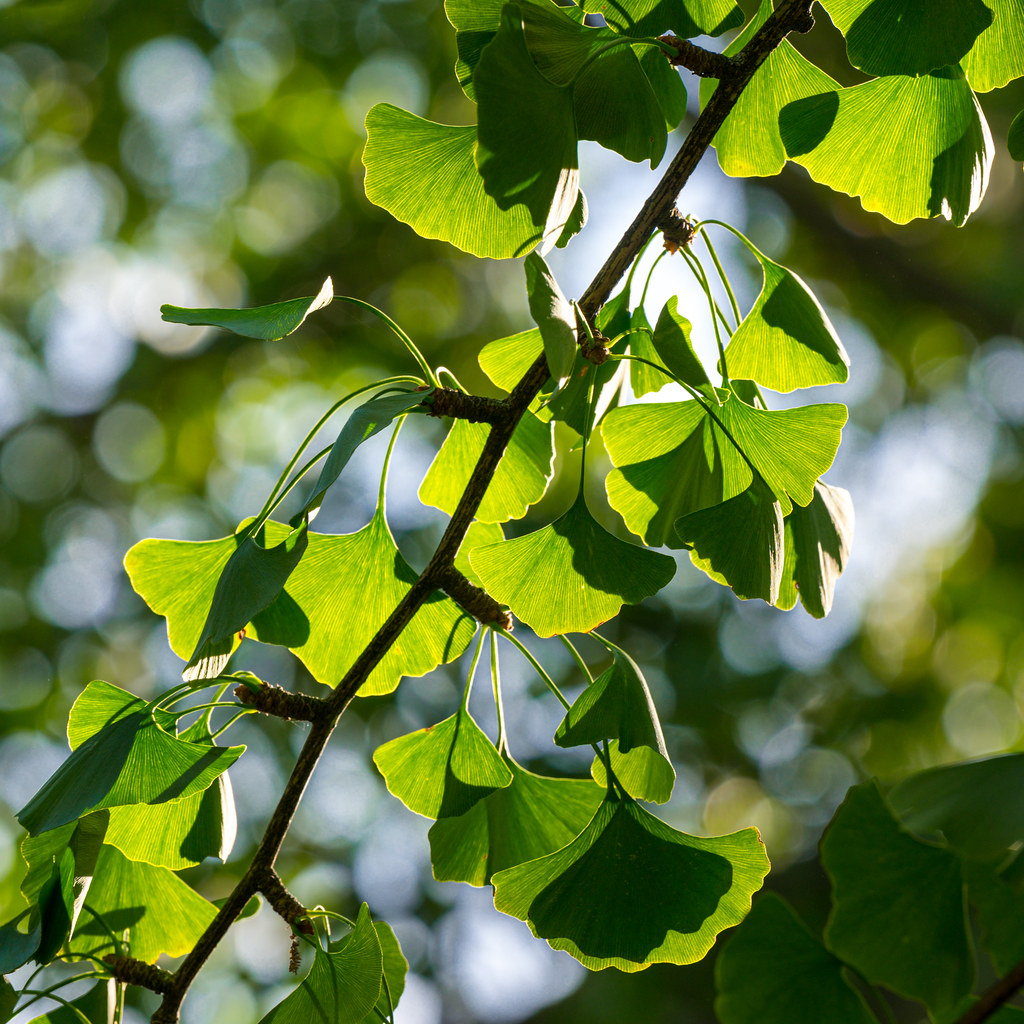
Sunlight filters through Ginkgo biloba leaves, a plant known for its potential to enhance cognitive function.
Ginkgo biloba is one of the most well-known herbs for improving cognitive function. It has been used in traditional Chinese medicine for centuries and has been extensively studied for its effects on the brain. Ginkgo works by increasing blood flow to the brain, which can help improve memory, concentration, and mental clarity1.
To use ginkgo effectively, look for a standardized extract containing 24-32% flavone glycosides and 6-12% terpene lactones. The recommended dosage is typically 120-240 mg per day, divided into two or three doses2. It’s important to note that ginkgo may interact with certain medications, so be sure to consult with your healthcare provider before using it.
Rosemary
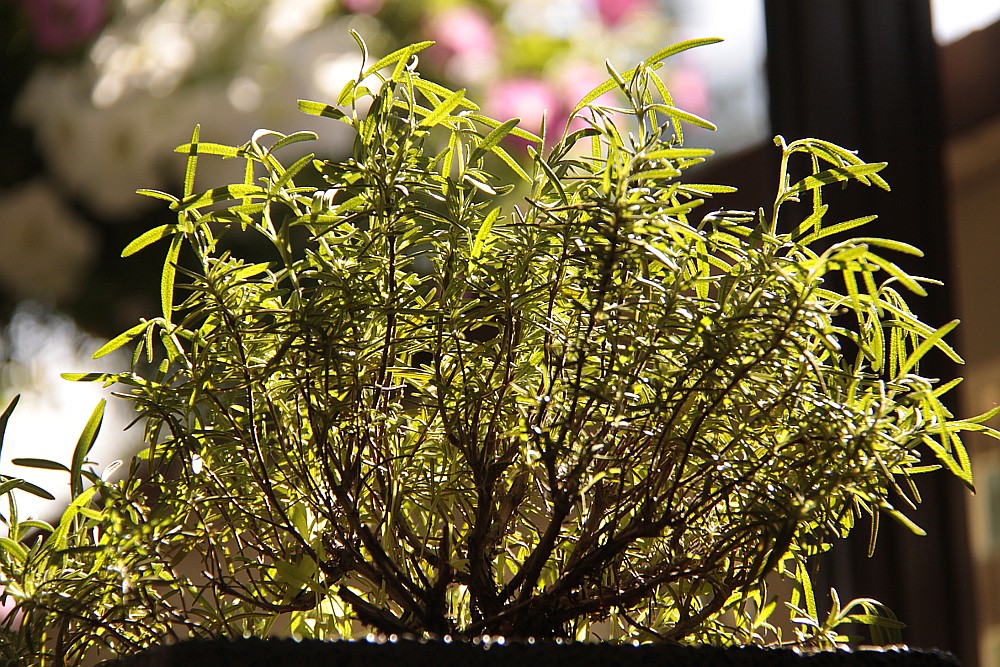
A potted rosemary plant basks in the sunlight, known for its potential benefits in enhancing cognitive function.
Rosemary (Salvia rosmarinus) is another herb that has been shown to have cognitive-enhancing effects. It contains compounds called monoterpenes, which have been found to improve memory and concentration3. Rosemary can be consumed in a variety of ways, including:
- Brewing a tea using fresh or dried rosemary leaves
- Adding fresh rosemary to your favorite dishes
- Inhaling rosemary essential oil
To make a rosemary tea, steep 1-2 teaspoons of dried rosemary leaves in a cup of boiling water for 10-15 minutes. Strain and enjoy up to three times per day.
Bacopa Monnieri
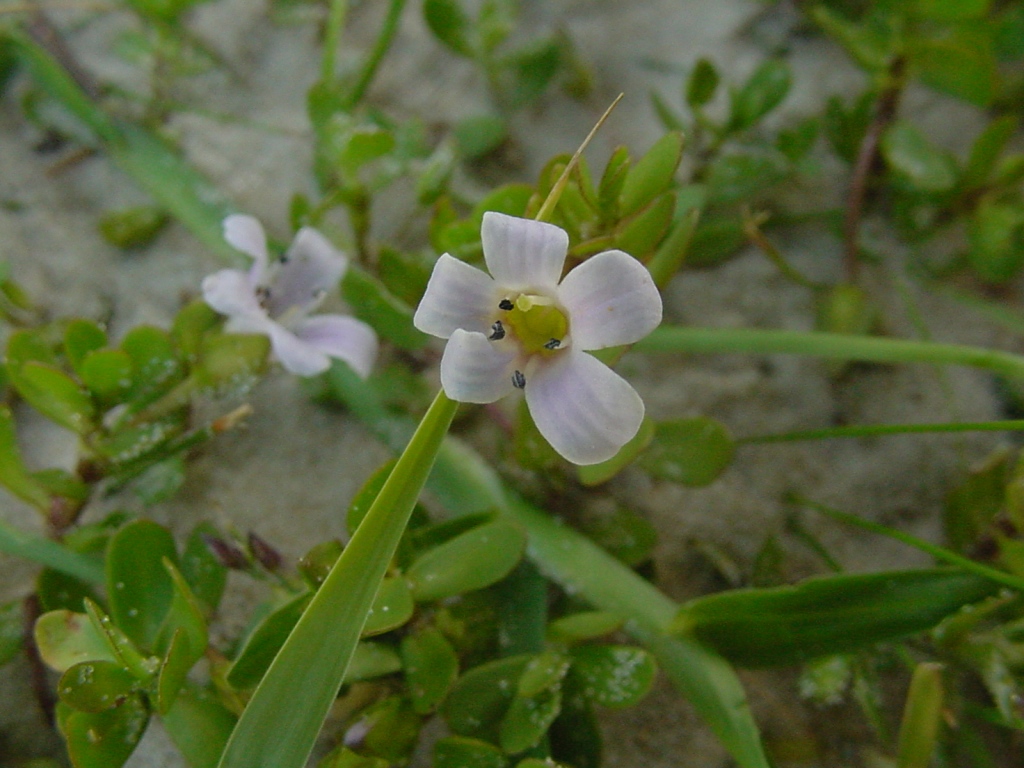
The delicate white flowers of Bacopa Monnieri, a plant reputed for its cognitive-enhancing properties.
Bacopa monnieri, also known as Brahmi, is an herb that has been used in Ayurvedic medicine for centuries to improve memory and cognitive function. It contains compounds called bacosides, which have been shown to have neuroprotective effects and enhance synaptic communication in the brain4.
To use bacopa effectively, look for a standardized extract containing at least 20% bacosides. The recommended dosage is typically 300-450 mg per day, divided into two or three doses5. Bacopa may take several weeks to produce noticeable effects, so be patient and consistent with your supplementation.
Peppermint
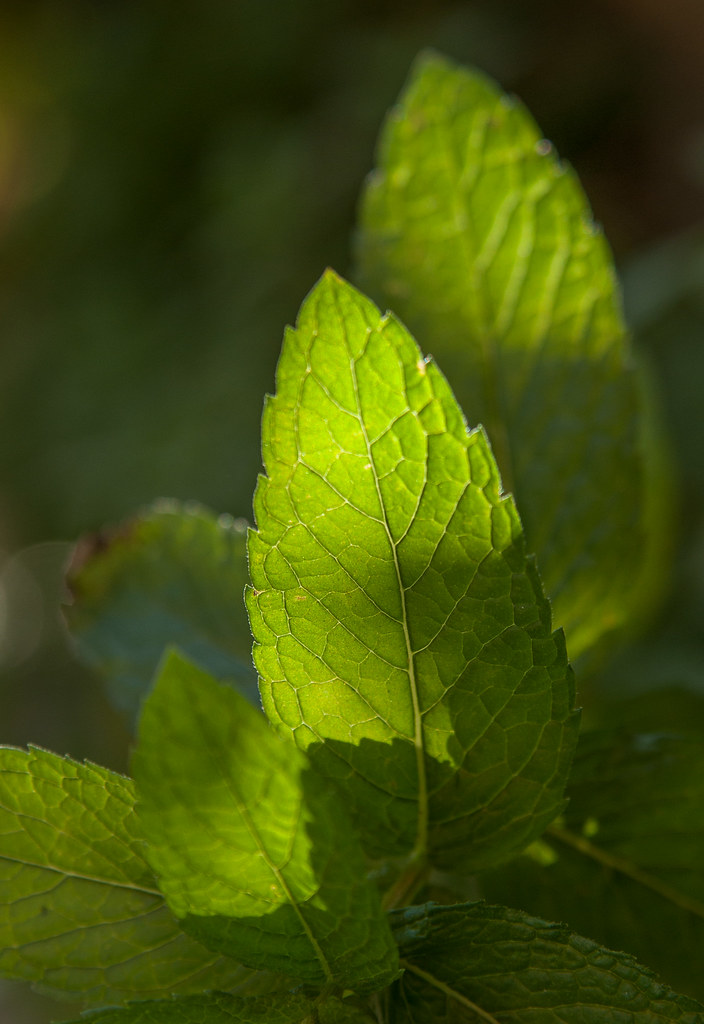
Peppermint leaves, known for their potential role in enhancing memory and increasing alertness, are bathed in sunlight.
Peppermint (Mentha piperita) is a refreshing herb that has been shown to improve memory and concentration. It contains menthol, which has a cooling and invigorating effect on the mind and body. Peppermint can be consumed in a variety of ways, including:
- Brewing a tea using fresh or dried peppermint leaves
- Adding fresh peppermint to your favorite dishes
- Inhaling peppermint essential oil
To make a peppermint tea, steep 1-2 teaspoons of dried peppermint leaves in a cup of boiling water for 5-10 minutes. Strain and enjoy up to three times per day.
Sage
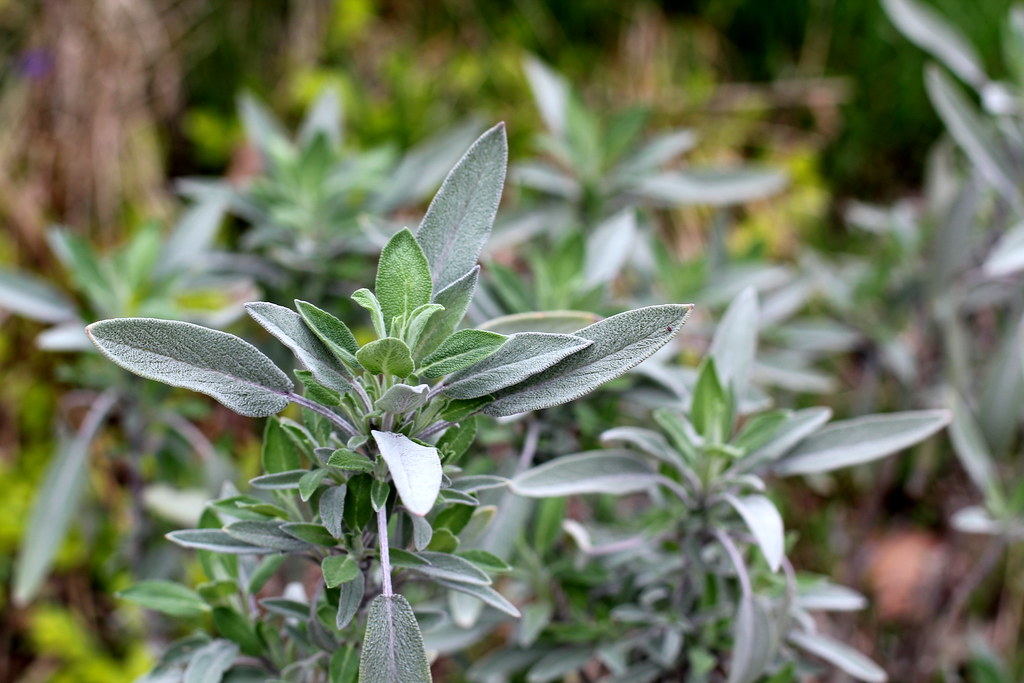
Sage, with its soft, silvery-green leaves, is not only a culinary delight but also a reputed herb for enhancing memory and cognitive function.
Sage (Salvia officinalis) is an herb that has been used for centuries to improve memory and cognitive function. It contains compounds called monoterpenes and flavonoids, which have been shown to have neuroprotective effects and enhance neurotransmitter activity in the brain6.
To use sage effectively, you can:
- Brew a tea using fresh or dried sage leaves
- Add fresh sage to your favorite dishes
- Take a standardized sage extract supplement
To make a sage tea, steep 1-2 teaspoons of dried sage leaves in a cup of boiling water for 10-15 minutes. Strain and enjoy up to three times per day. If using a supplement, follow the manufacturer’s recommended dosage.
Gotu Kola
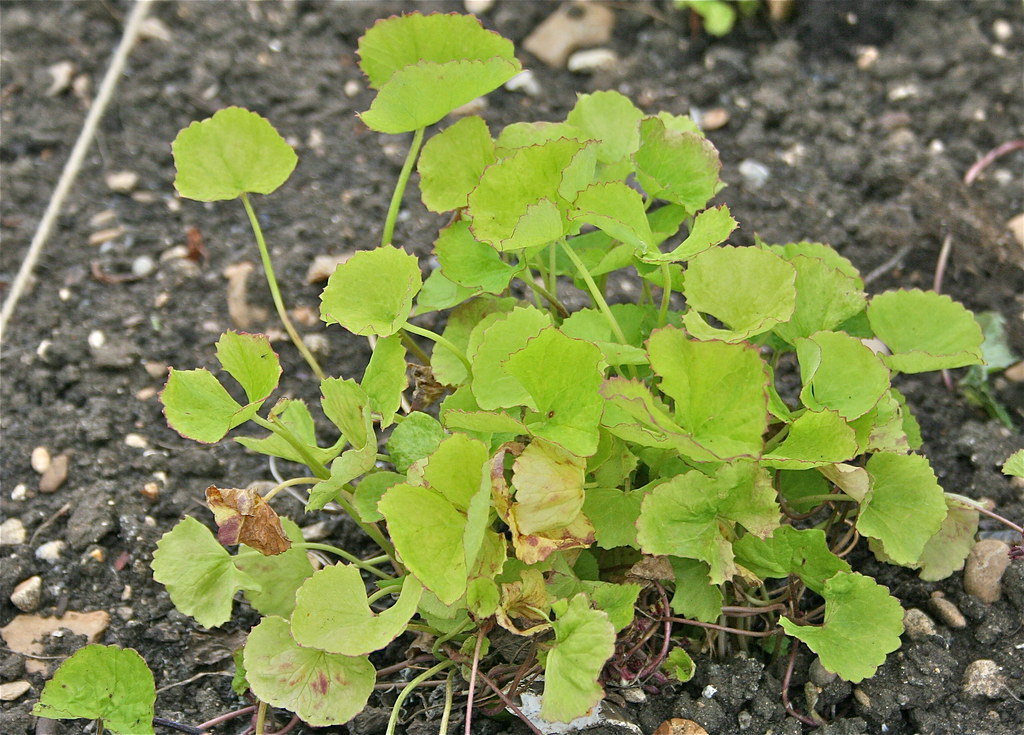
Gotu Kola, a plant renowned for its potential cognitive-enhancing properties, flourishes with its green rounded leaves.
Gotu kola (Centella asiatica) is an herb that has been used in traditional medicine systems for centuries to improve memory and cognitive function. It contains compounds called triterpenoids, which have been shown to have neuroprotective effects and enhance neurotransmitter activity in the brain7.
To use gotu kola effectively, you can:
- Brew a tea using fresh or dried gotu kola leaves
- Take a standardized gotu kola extract supplement
To make a gotu kola tea, steep 1-2 teaspoons of dried gotu kola leaves in a cup of boiling water for 10-15 minutes. Strain and enjoy up to three times per day. If using a supplement, look for a product containing at least 40% asiaticoside and follow the manufacturer’s recommended dosage.
Conclusion
Incorporating herbs into your daily routine can be an effective way to boost cognitive function and support overall brain health. Whether you choose to brew a tea, add fresh herbs to your meals, or take a standardized extract supplement, be sure to use high-quality products and follow the recommended dosages. As with any new supplement regimen, it’s always best to consult with your healthcare provider to ensure safety and effectiveness.
By harnessing the power of nature and using these cognitive-enhancing herbs, you can help keep your mind sharp, focused, and ready to tackle whatever challenges come your way.
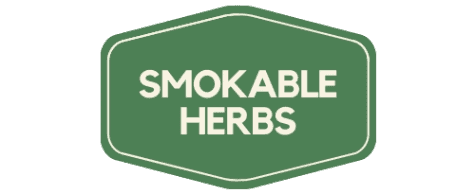
Leave a Reply